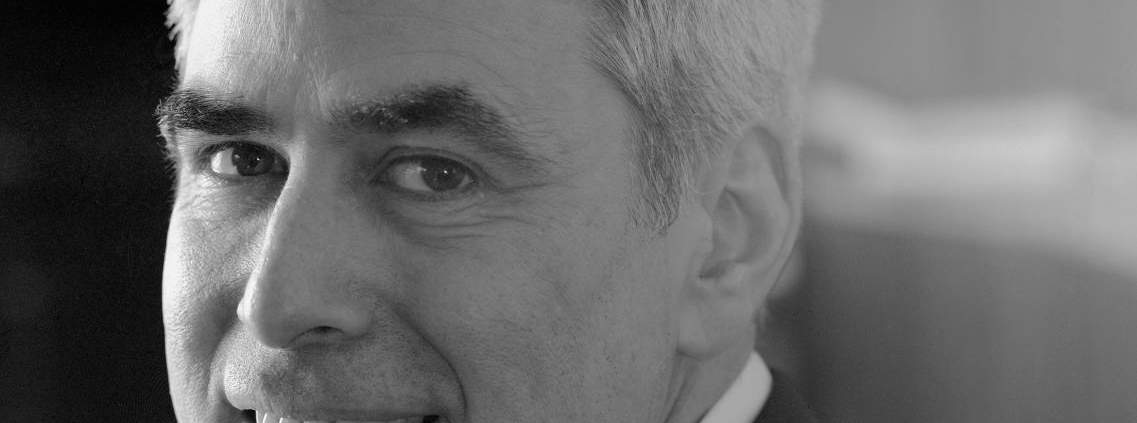

I am the Thomas Cooley Professor of Ethical Leadership at New York University’s Stern School of Business. I am a social psychologist who studies morality, emotion, and culture.
My CV (download)
Ethical Systems Interview (July 2017)
My Approach to Ethical Systems:
My research examines the intuitive foundations of morality. I have found that moral reasoning is generally done post-hoc, to search for confirmation of our fast, automatic intuitive responses. I am therefore skeptical of the power of reasoning to bring us to the right conclusions, particularly when self-interest or reputational concerns are in play. I therefore became skeptical of direct approaches to fostering ethical behavior—particularly direct teaching in the classroom. We can’t just put moral knowledge into our students’ heads, and expect them to implement that knowledge after they leave the classroom.
One of the heroes of my book The Righteous Mind is Glaucon. He’s the guy in Plato’s Republic who challenges Socrates with the story of the Ring of Gyges, which makes a man invisible at will. He says that a man with such a ring would behave abominably, once freed from concerns about detection and reputation. I think Glaucon was right, and so we must design “ethical systems” for Glauconian creatures like ourselves. That’s what this site is all about.
My Ethical Systems Research Pages: Ethics Pays and Teaching Ethics
My Major Relevant Publications:
Books
- The Coddling of the American Mind (2018). (public library). This book explains why Gen Z is suffering from rapidly rising rates of anxiety, depression, and fragility, and explains how to reverse the trends.
- All Minus One: John Stuart Mill’s Ideas on Free Speech, Illustrated (2018). (public library). This book is ch. 2 of On Liberty, condensed and illustrated for a modern audience. The book highlights John Stuart Mill’s three timeless arguments for the value of viewpoint diversity and freedom of speech.
- The Righteous Mind: Why Good People are Divided by Politics and Religion (2012) (public library). This book offers a comprehensive account of moral psychology from a social intuitionist perspective. It explains why it’s probably not possible to improve ethical behavior just by teaching students to reason more carefully about ethical dilemmas. Such courses appeal only to the “rider.” We need to train the elephant, and change the path. That’s what ethical systems design is all about.
- The Happiness Hypothesis: Finding Modern Truth in Ancient Wisdom (2006) (public library). This book lays out the “Rider and Elephant” analogy, which is the basis of my approach to ethical systems. The rider is our conscious, controlled mental processes (mainly conscious reasoning). The elephant is the other 99% of what goes on in your mind — its the automatic processes, such as intuition and emotion.
Videos
- Maintaining ethical culture in a politically charged world. Global Ethics Summit (2018).
- Moral psychology of capitalism & business. Dean’s Speaker Series at the Haas School of Business, UC Berkeley (2018).
- The left and right of capitalism. RSA Spotlight (2017).
- Questions for a resilient future: Culture, conscience, & capitalism. Questions for a Resilient Future series at the American Museum of Natural History (2015).
- The business case for business ethics. Aspen Ideas Festival (2015).
- The three stories of capitalism. Zurich Minds Festival (2015).
- Hive psychology and the moral life of organizations. Authors@Google lecture (2012). This talk introduces hive psychology.
- Conversation with Bill Moyers, about morality, politics, and society (2012)
- The moral roots of liberals and conservatives. TED (2008). This talk introduces moral foundations theory.
Press
- The thought leader interview: Jonathan Haidt Interview in Strategy+Business (2016)
- Wonderful and wonder-free companies. Essay in Huffington Post (2014)
- Can you teach businessmen to be ethical? Essay in Wall Street Journal (2014)
- Business Friendly Ethics. Guide in Ethisphere, written with Jeffrey Kaplan, on how companies can begin using our site to create a workplace with higher levels of trust among colleagues and leadership. (2014)
- Jonathan Haidt: He knows why we fight. Interview in Wall Street Journal (2012)
- Why won’t they listen? Book review in The New York Times (2012)
- The moral foundations of Occupy Wall Street. Essay in Reason (2011)
Academic Articles
- “Regulating for ethical culture,” article in Behavioral Science and Policy (2018).
- “Make business ethics a cumulative science,” article in Nature Human Behavior (2017).
- “Opportunity, responsibility, and security: A consensus plan for reducing poverty and restoring the American dream,” a joint report from the American Enterprise Institute and The Brookings Institution (2015). —I moderated the bipartisan group and wrote most of the introduction.
- “Moral foundations theory: The pragmatic validity of moral pluralism,” article in Advances in Experimental Social Psychology (2013).
- “Moral psychology and the law: How intuitions drive reasoning, judgment, and the search for evidence,” article in University of Alabama Law Review (2013).
- “The new synthesis in moral psychology,” article in Science (2007).
- “The emotional dog and its rational tail: A social intuitionist approach to moral judgment,” article in Psychological Review (2001).
See a full list of my academic publications on moral psychology.
